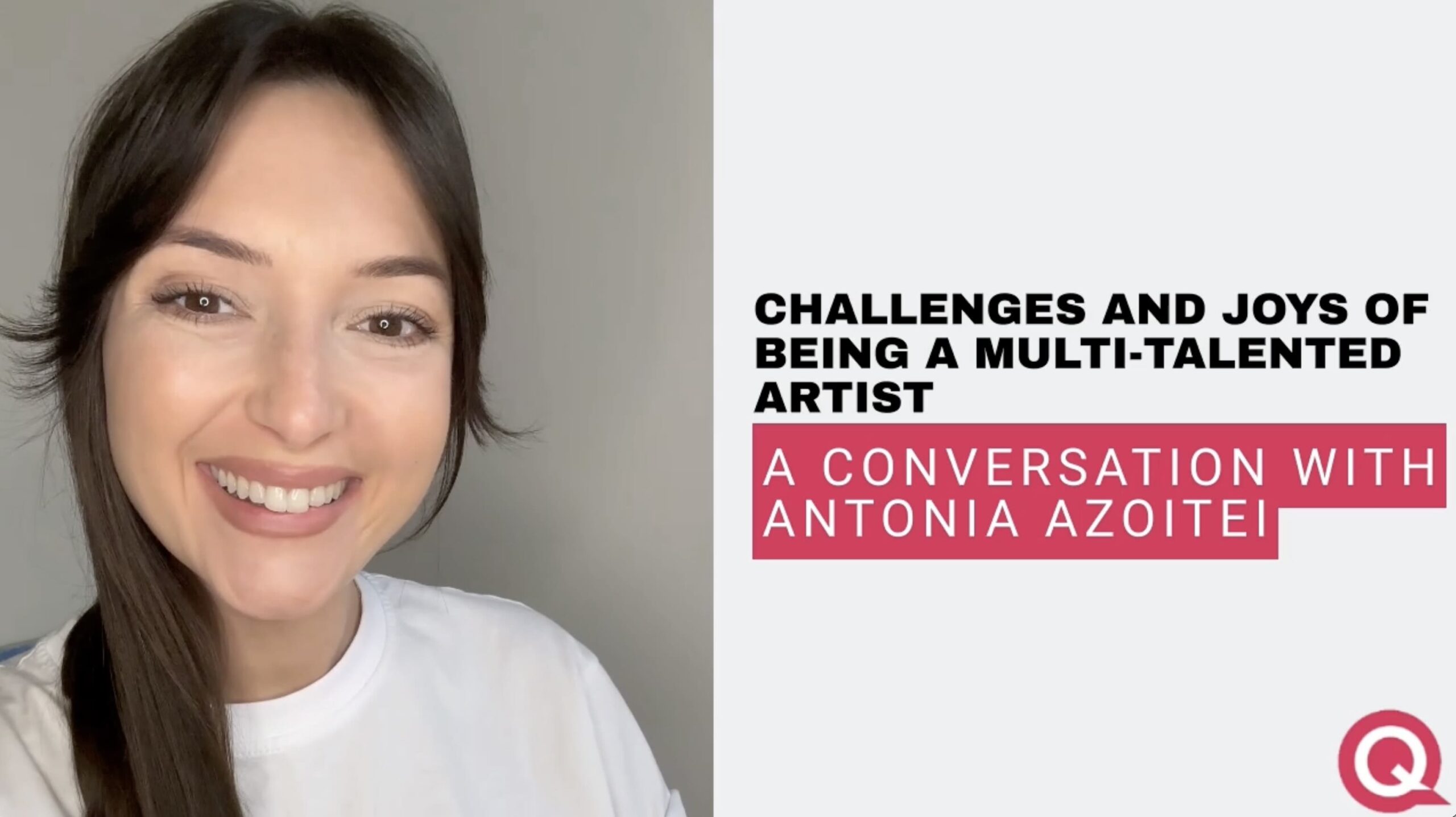5G in Africa: What’s its potential, Selasi Ahorlumegah?
Naa Oyoe Quartey
With its fast speeds and revolutionary potential, 5G stands out as a noteworthy milestone in the field of […]
The developed world has been promoting the so-called “energy transition”, or to transition from fossil fuels-based energy production to cleaner forms of energy and every year, at the Conference of Parties, or COP, world leaders convene, experts are heard, and doomsday warnings are issued. They discuss the effects of climate change, attempt to implement global policies, and pledge financial aid to those most affected by climate change despite often contributing the least to global carbon emissions. Of the proposed energy transition’s application to Africa, NJ Ayuk, Chairman of the African Energy Chamber asks “what are you transitioning from? From the dark to the dark?”
600 million people in Africa don’t have access to electricity
With some “600 million people without access to electricity. 900 million without access to clean cooking technologies” in Africa alone, NJ suggests that “we need to first give people energy access before we start talking about a transition”.
Africa contributes the least to global carbon emissions. NJ tells The Qonversation that “we love the environment, but our greenhouse gas emissions in Africa is 2.73%. You take out South Africa and Egypt and it’s point 0.5%. You’re asking the skinny kid in class to lose weight while the fat kid keeps eating”.
“Wealthy nations need to decarbonise. African nations need to industrialise, and that industrialisation is only going to happen with them using their oil, natural gas and a vast investment in renewables. That is when you start talking about a “just transition”. But somebody has to pay for that. You can’t ask the poor to carry the burden of the rich during this transition. It is not right”.
How do we eradicate energy poverty in Africa?
NJ Ayuk has been encouraging indigenous African energy companies and governments that their time is now to “drill baby, drill”.
“I think what you are going to do to beat energy poverty is going to be drill, baby, drill. We need to be able to drill for natural gas, use the resources we have, and then really solve energy poverty issues. At the same time, use the windfall coming out of fossil fuels to develop renewables”.
To illustrate his point, and the inevitable desire for countries to develop and industrialise to the level that developed nations have, even if they may not have set the best example, NJ explains “Nobody wants to breathe clean air in the dark. They want electricity, they want life. They want to be able to access hospitals, schools and also have a fighting chance to build a new home in Africa and not trying to cross the Mediterranean, to go to Europe or sometimes die in the water to find opportunities. They can build a beautiful life right here in Africa”.

With its fast speeds and revolutionary potential, 5G stands out as a noteworthy milestone in the field of […]

Let me take you on a captivating journey through my intriguing conversation with Antonia Azoitei, a versatile artist […]